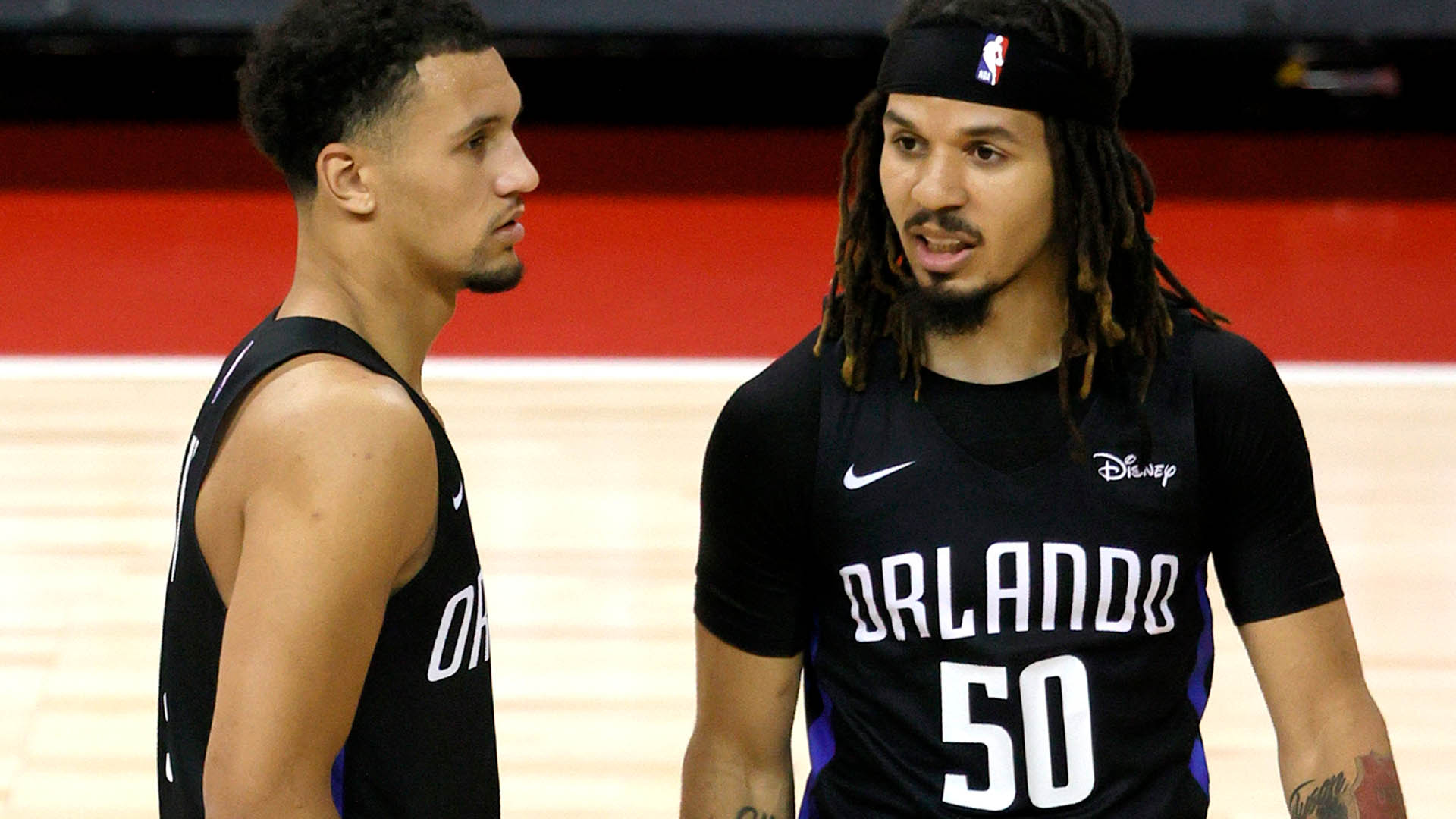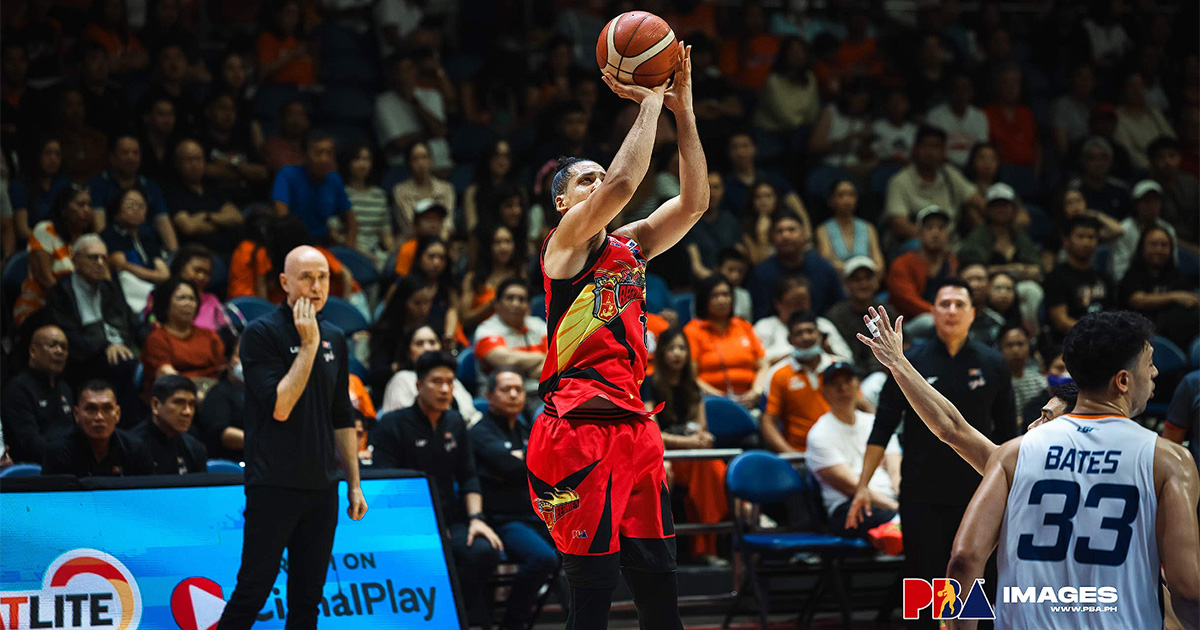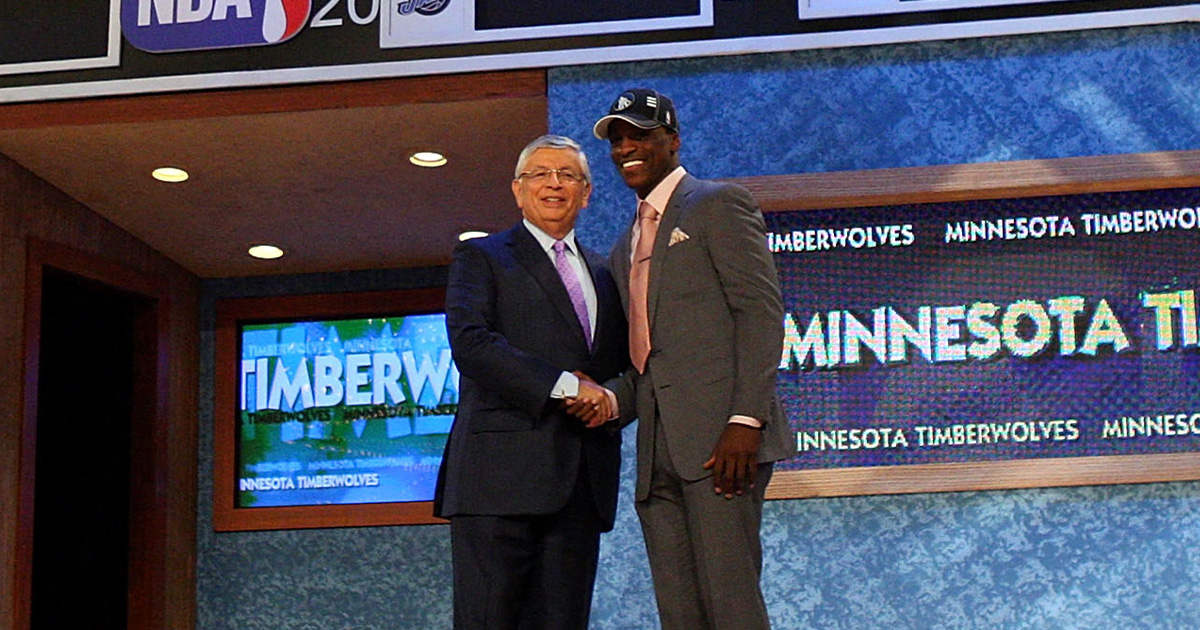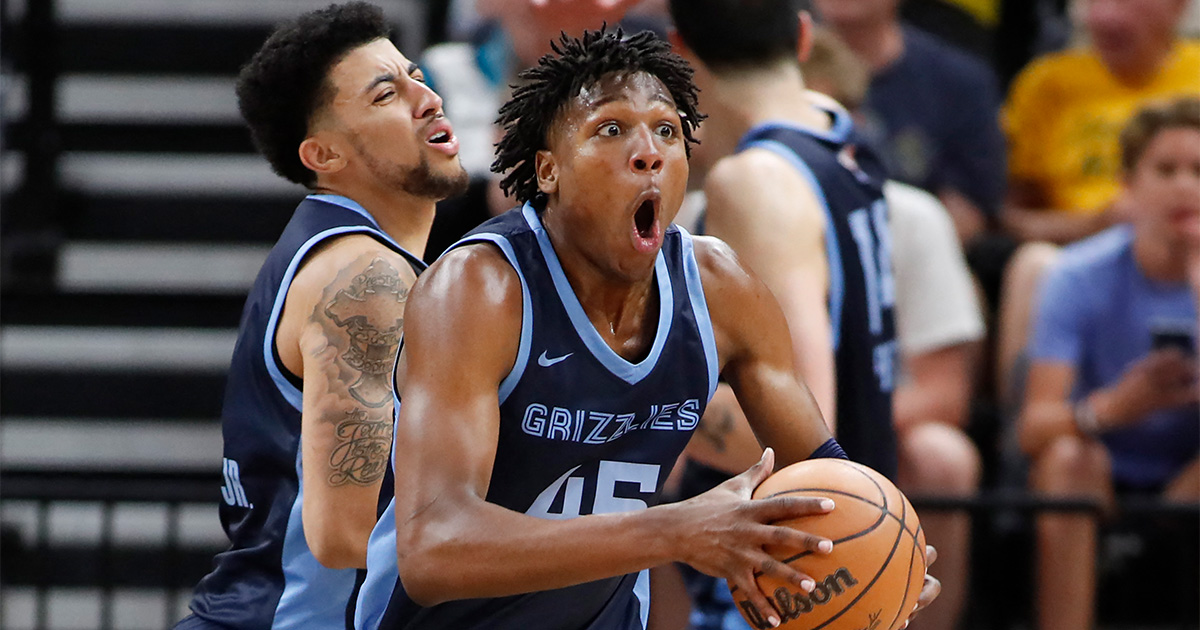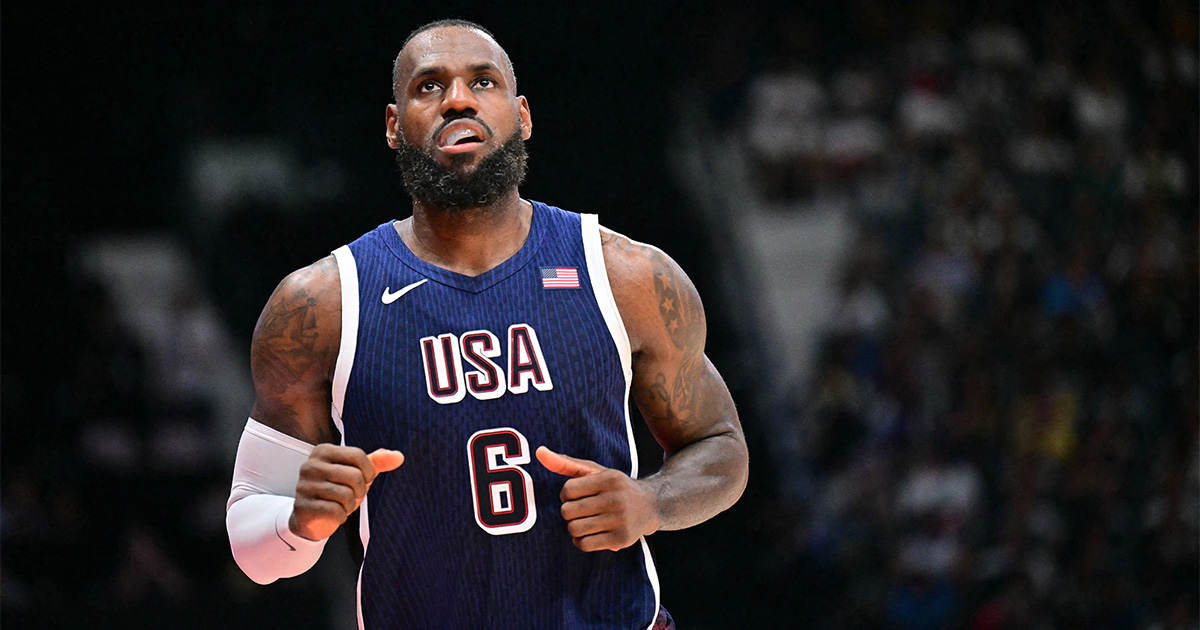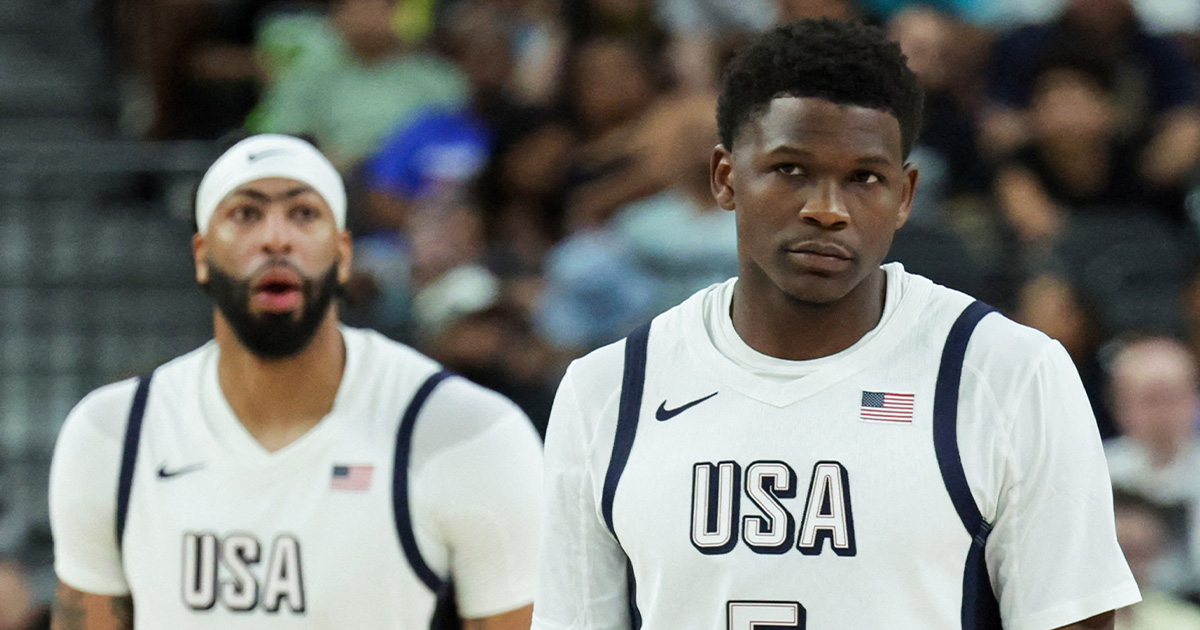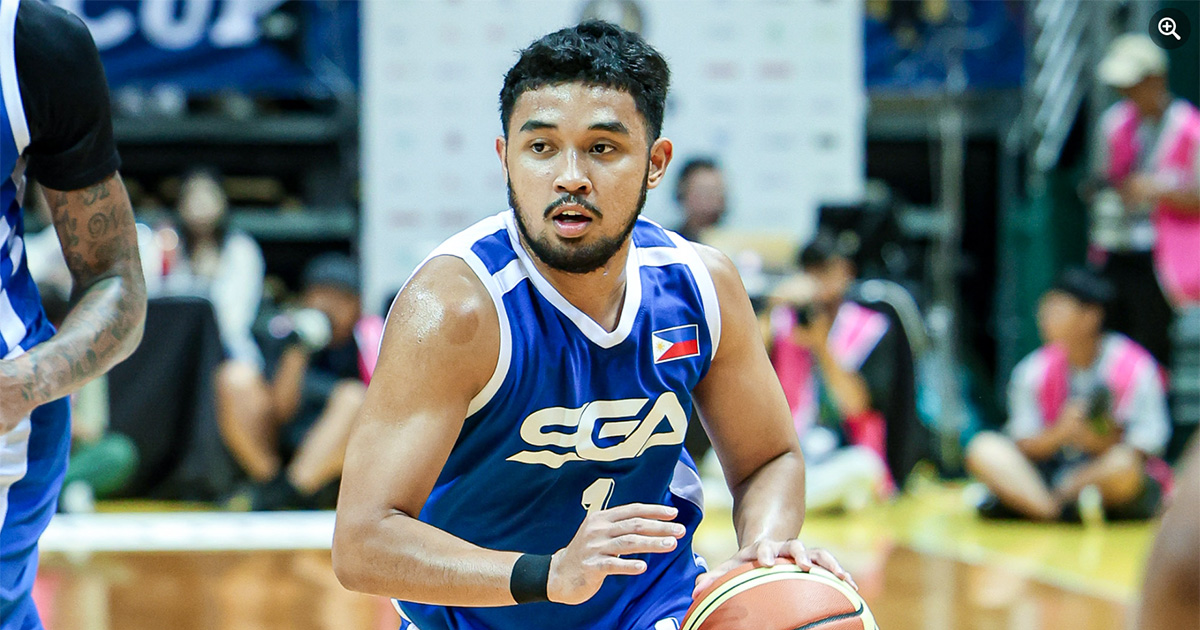The Orlando Magic seem to find themselves in a year where they have an embarrassment of backcourt riches.
While Markelle Fultz is still recovering from a torn ACL in his left knee, the Magic still had a rotation of Cole Anthony, Jeff Dowtin, Hassani Gravett, RJ Hampton, Gary Harris, E’twaun Moore, Terrence Ross, Admiral Schofield, and Jalen Suggs for their preseason opener against the Boston Celtics.
Suggs, Harris, and Ross started the game, while Hampton, Moore, and Anthony came off the bench and played during the minutes where both teams went with what looked like their regular season rotations. Gravett, Dowtin, and Schofield closed out what turned out to be a close game that the Celtics won on a Romeo Langford 3-pointer.
Ten players played more than 15 minutes in the Magic’s first preseason game for 2021, with six of those being guards. The minutes distribution was largely due to the nature of the preseason, which is more for final cuts and determining who deserves more rotation minutes for the regular season. Who will play and for how long could change in the next three games, but the larger issue at hand is how the Magic will manage their backcourt.
As it stands, the Magic have a 20-man roster and cuts and G-League assignments will likely be handed down in the coming days. Gravett, Dowtin, and Schofield are all under Exhibit 10 contracts, which are essentially training camp invites that can be converted into two-way contracts. Depending on how the Magic front office views them, they can be waived or converted into minimum contracts. Moore also has an expiring contract, but given he is owed $2.6 million and is a serviceable rotation player, his spot on the roster seems secure.
Their current predicament then lies in what they do with Anthony, Fultz, Hampton, Harris, Ross, and Suggs.

Anthony started last season on the bench then moved to the starting lineup following Fultz’s injury back in January. Although he missed time due to a right rib fracture, he managed to finish the season with 12.9 points, 4.7 rebounds, and 4.1 assists, solid rookie numbers considering the state of flux the Magic experienced throughout that season. A gutsy, undersized combo guard, the son of former NBA player Greg Anthony thrives with the ball in his hands and he isn’t afraid to take the shot when the game is on the line. The former UNC Tar Heel also utilizes that scoring threat to dish passes to teammates in the paint or in the perimeter.
Prior to the injury, it seemed that Fultz had found a home with the Magic. The 23-year old had been averaging 12.9 points, 3.1 rebounds, and 5.4 assists, securing the starting point guard role in Orlando. It’s likely that the Maryland native will be back in 2022, as ACL injuries usually take a year for basketball players to recover from. Fultz will also be on a minutes restriction once he’s back so he will likely begin his season with a bench role.
Hampton is an athletic specimen that came to the league with expectations that he can play multiple positions. That positional flexibility was what made the Magic include him as part of the return in the trade (along with Harris) that sent Aaron Gordon and Gary Clark to the Denver Nuggets.
With his move to Orlando, the 20-year old more than quadrupled his scoring average (from 2.6 points to 11.2 points) and took on a lead guard role off the bench thanks to his ability to score, pass, and go off with a putback dunk here and there. He has certainly found a better role with the Magic and given that he can do a little bit of everything on the floor, he will certainly be a boost to Orlando for this coming season.

From a financial perspective, Harris’ contract is perhaps the most enticing one, as he is on an expiring $20.5-million contract that can go up to as high as $23.1 million due to player-incentive bonuses. The oft-injured guard is a capable scorer with career averages of 11.9 points (on .450/.359/.805 shooting splits), 2.6 rebounds, 2.1 assists, and 1.2 steals. He upped his 3-point shooting percentage to .364 in 20 games with the Magic and in the right spot, the former Michigan State Spartan can definitely contribute.
Ross falls under the same situation as Harris, where he could be shipped to a contender for assets. He does have two years left on his contract but his price tag ($24 million over two years) is much more palatable than Harris’. He is, however, older than Harris (30 to 27) and his shooting numbers outside of his free throw shooting don’t really invite much promise. He will be harder to move around, but he can carve out a solid role off-the-bench should he accept it.
Suggs is perhaps the most intriguing option among all the guards the Magic currently have on their roster. The former Gonzaga Bulldog has the potential to be a great two-way player, with his quick hands and good instincts complementing his athleticism. All of that was on full display when he helped lead Gonzaga to the NCAA national championship game with a performance for the ages.
The Magic would be wise to build around him and his ability to play multiple positions. His preseason debut saw him missing eight of his 11 shots, but he made up for it with his four rebounds, three assists, and two blocks. As a highly-recruited high school quarterback, Suggs can see the floor and make reads on both offense and defense. He can pair well with whoever the Magic retain considering he doesn’t need a lion’s share of touches to be effective.
At this point, the most feasible move would be to move Harris and perhaps even Ross to a contender for players and picks. The Magic are clearly in rebuilding mode and at best (and I mean BEST), they could compete for one of the two play-in spots in the Eastern Conference. Having Anthony, Fultz, Hampton, and Suggs could give them a solid backcourt where Hampton or Suggs can play with both Anthony and Fultz when the Magic opt to go small.
Moving either of their young guards is an option as well, but it would be hard to command a return that would certainly help them in terms of both veteran players and young talent. Suggs provides the most promise among all but it would be better to see how he performs first before deciding on anything.
Last season, the Magic had 21 wins (in 72 games), their lowest total since 2012-2013. On an 82-game schedule, that would have been 26, higher than the 25 won in 2014-2015 and 2017-2018. In fact, they were within the bottom half of the league in nearly every offensive statistical category in 2020-2021.
A plethora of guards won’t change their fortunes overnight, but how they play their cards could get the ball rolling towards playoff contention.

